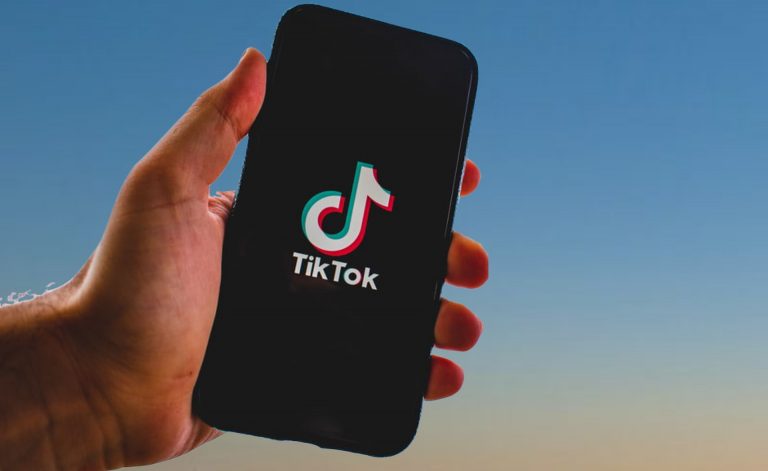Chinese tech companies have stepped up efforts to influence the U.S. government as spending on lobbyists has surged in recent months. The increased spending comes after Washington took strict actions against several Chinese firms due to national security concerns.
Nikkei Asia obtained data from OpenSecrets, a nonprofit that tracks money in politics, which shows that companies like Tencent, Huawei, and ByteDance the owner of TikTok, all poured more money into federal lobbying for the second quarter 2021 than they did during the first quarter.
The increased spending is seen as a sign that the Chinese companies might be viewing the Biden administration with much more optimism than the previous administration despite the fact that Joe Biden has largely continued restrictions on Chinese tech firms put in place by Donald Trump. Biden has also blocked Chinese companies like Huawei from participating in the $65 billion broadband spending plan outlined in the administration’s infrastructure package.
Yet, Huawei‘s spending has only increased. The company paid out $1.06 million in Q2, 2021, which is nearly six times the $180,000 it spent in the first quarter. The lobbying expenditure is Huawei’s largest since 2019 when the Trump administration had added it to a blacklist. The company has already spent over twice the money in lobbying so far this year when compared to its total spending for the entire 2020.
“Huawei is engaging in a growing number of government relations consultants and lobbyists to help the Biden administration and the company itself develop a deeper mutual understanding,” a source familiar with the matter said to Nikkei Asia.
Success
You are now signed up for our newsletter
Success
Check your email to complete sign up
Henry Tugendhat, a senior policy analyst at the U.S. Institute of Peace, believes that the increased lobbying by Huawei might be a “shot in the dark” since the Biden administration is unlikely to change Washington’s position on Huawei anytime soon.
ByteDance spent $1.95 million in Q2, more than double the $810,000 it spent in the previous quarter. Interestingly, the higher spending coincided with Biden signing an executive order in June that revoked the order passed by Trump which sought to ban TikTok in America.
Washington and Tiktok also decided to mutually end a lawsuit that the company had filed in challenge to Trump’s decision. In a July 21 filing at the United States District Court for the District of Columbia, both parties asked the court to dismiss the case.
Tencent, the company that owns the popular Chinese messaging app WeChat, spent $660,000 in the second quarter; $310,000 was spent in the first quarter. Tencent is known to have multiple Chinese Communist Party interest groups made up of party members working across its global organization.
Lobbyists
Over the past year, Chinese tech companies have hired multiple lobbyists to push their interests in the United States.
In August, Tencent hired former Treasury Department deputy general counsel Roberto Gonzalez who used to work under the Obama administration. This was the first time that Gonzalez had registered to lobby.
In the same month, the company hired Toby Myerson, a former partner at Paul, Weiss, Rifkind, Wharton & Garrison, to lobby against a Trump order called WeChat a threat that allows the Chinese Communist Party to access the personal information of Americans.
In September, the SCMP reported that Tencent had hired Ed Royce, former Republican Representative, as an additional lobbyist. Interestingly, Royce had introduced a bill back in 2017 which sought to punish members of the Chinese military. He also introduced a bill aimed at boosting the defense capabilities of Taiwan.
ByteDance had hired more than 35 lobbyists last year to promote its interests. They have held numerous meetings with lawmakers, including those from committees like intelligence, commerce, and judiciary. One of the lobbyists hired last year was David Urban who was an advisor to Donald Trump’s re-election campaign.
In July 2021, Politico revealed that Huawei was hiring Democratic Tony Podesta to advance the company’s goals in Washington. Podesta had earlier represented the China-United States Exchange Foundation (CUSEF).
The University of Texas had rejected a funding offer from CUSEF in 2018 due to concerns about its ties with the CCP. In 2016, WikiLeaks had published thousands of emails from Podesta’s Gmail account that contained controversial materials regarding Hillary Clinton’s campaign strategy for the presidential elections.














